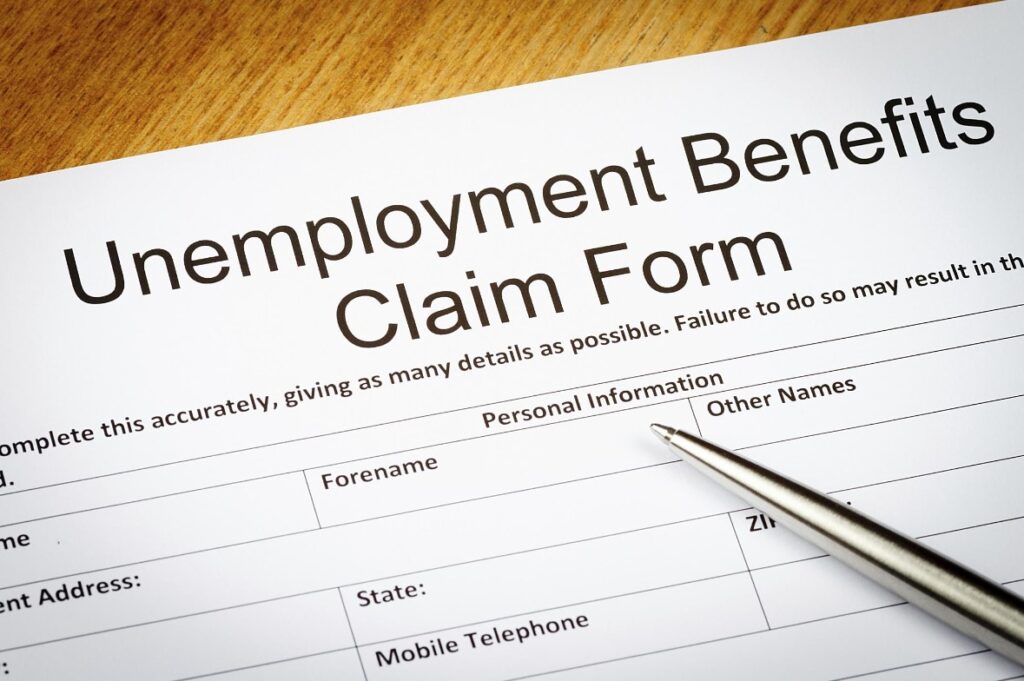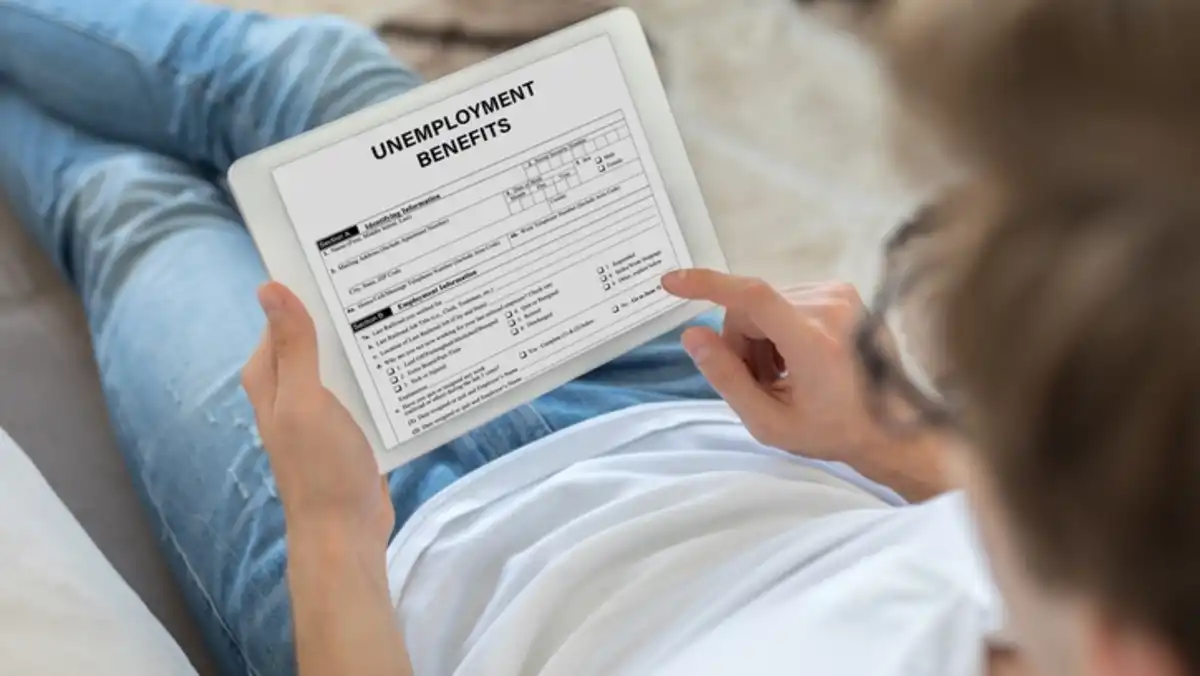When you get fired, you need to make ends meet for some time until you land a new job. Can you qualify for unemployment benefits?
Getting unemployment benefits is a reasonable solution that will protect your funds for several weeks or months.
However, to obtain this financial assistance, you need to be out of the workforce through no fault of your own. Keep on reading to learn more about eligibility for unemployment once you got fired.
How Does Unemployment Work?
Nobody dreams about being unemployed but it may happen all of a sudden. If a person has been laid off for certain reasons such as lack of work, reduction-in-force (RIF), or a factory closing, he or she may qualify for unemployment benefits.
People who can’t make ends meet and don’t have a steady source of income usually rely on a $300 loan or take out small loans for the short term.
However, it is necessary to start job searching as soon as you get fired so that you don’t fall into the vicious debt cycle and remain financially afloat.
You won’t necessarily be able to obtain this assistance straight away, so it is worth having an emergency fund.
Those who have enough savings to cover urgent expenses for at least three months will overcome monetary difficulties easier while they seek a new position.
There is a particular unemployment program in every state across the country. Do you want to get extra information and details on eligibility and benefit amounts in your state?
For instance, Texas Workforce Commission evaluates the unemployment benefits of an applicant based on past income, job separation, as well as continuous eligibility demands.

Source: sofi.com
Who Can Get Unemployment Benefits When Being Laid Off?
Whether a fired worker may obtain unemployment benefits or not is defined by state law.
Typically, an individual who is laid off because of his or her fault or for major misconduct won’t be eligible for financial assistance from the government for some time or completely. Each state can determine what this disqualification period means and what misconduct is.
Sometimes, state laws are more flexible while others have strict regulations for misconduct.
A person who is reckless or intentionally performs badly at work will most likely be disqualified and won’t obtain unemployment benefits, while an employer who lacks some skills or is a poor fit for the position still can qualify for this aid.
Some states claim that employees who have violated their workplace rules can’t receive this financial assistance.
How to Apply for Unemployment Benefits
Have you been laid off? Then it’s time for you to file for unemployment. You may do it on the web today.
Make certain your paperwork for the unemployment claim is in order once you obtain notice of termination.
Your claim may be processed for quite a while. If you want to start receiving financial assistance as soon as possible, you need to file for unemployment benefits as early as possible.

Source: livelihoodlaw.com
Termination at Will
According to Statista, the worker compensation benefits from state and federal funds in the USA equaled about 12.19 billion US dollars in 2019.
It was a reduction from the previous year when worker compensation benefits equaled around 12.33 billion US dollars.
Value of worker compensation benefits from state and federal funds in the United States from 1995 to 2019
Generally, the majority of people are hired at will, so that their employment contract may be finished at any time by both parties.
If there is no fault of your own, then you will be eligible for getting financial aid from the government.
In other words, you should be laid off due to organization cutbacks or your lack of abilities to qualify for unemployment.
Pay attention to the situation when an employer decides to quit their job. In this case, assistance may not be paid but there can be some exceptions.
Who Doesn’t Qualify for Unemployment Benefits
Here are some situations when an employer won’t be eligible for getting financial aid from the government:
- Theft. An individual who was laid off for stealing from the organization or colleagues won’t qualify for unemployment assistance.
- Failing an alcohol or drug test. An individual who was laid off for failing an alcohol or drug test won’t be eligible for financial help. In some states, if a person rejects to submit to this test, it is considered a disqualification.
- Disregarding safety rules. An individual who intentionally or purposefully violates significant regulations of the company won’t qualify for unemployment aid. On the other hand, a person who has conducted a careless error might obtain assistance.
- Committing a crime. This is a serious issue and an individual who has committed a crime, such as destroying important property, driving under the influence, or assaulting a colleague, won’t qualify for any monetary help.

Source: pexels.com
What To Do While You Obtain Assistance
Those who don’t fall into the mentioned categories and qualify for financial aid need to pay attention to certain rules and conditions.
Even though you are getting unemployment support and currently have some funds to cover necessities, you still need to be job searching. Once you are fired, it’s time to start actively looking for a new position.
Don’t waste your time and you never know how long it will take for you to find a suitable job.
In some states, you will be even asked to provide proof of your job-hunting process to keep on receiving unemployment benefits.
More than that, your assistance can be terminated in case you reject a reasonable job that suits your skills and expertise.
Don’t think of this time as a paid vacation. This is your chance to demonstrate your abilities and land a well-paid job while the government assists you.
The Bottom Line
Summing up, those who have been fired from their position can collect unemployment support from the government.
The rules and regulations of this financial aid are based on state law and the nuances of the termination. Each state may ask for different papers and offer different terms.
Visit the website of your state department of labor to get more details on who can qualify in your area. Unemployment support is a great way to stay financially afloat while you actively search for a new job.
Besides, establishing an emergency fund can help you overcome temporary issues even if your request for this assistance was declined.

















